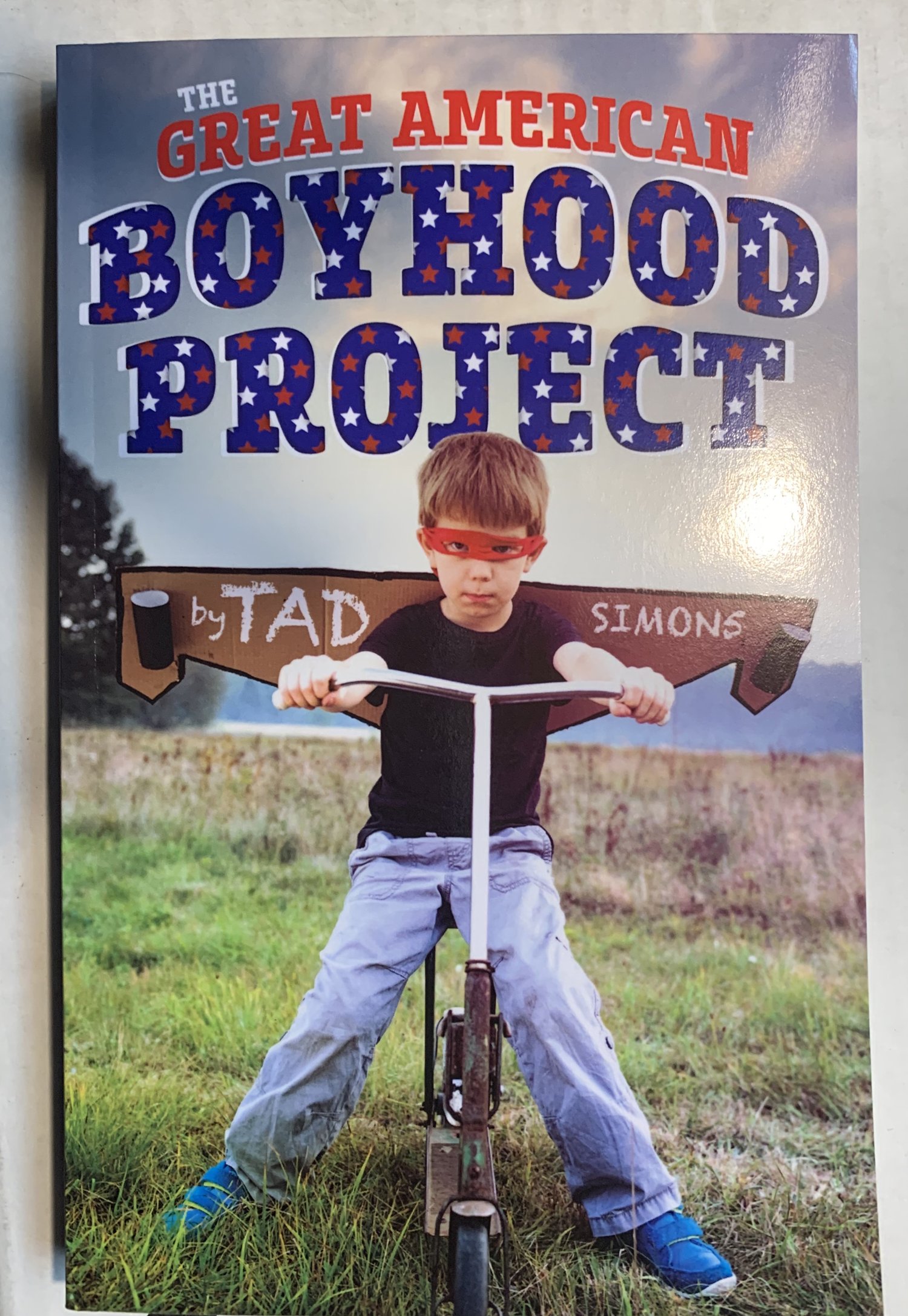One of the reasons I write is the sense of immortality that comes from knowing that, after I’m dead, my words will live on. Recently, however, I have become concerned that my words may not live as long as I thought.
Most forms of digital media—CDs, DVDs, flash drives, etc.—start to degrade after a hundred years or so, and there’s no guarantee that computers or e-readers will be able to display them in the future. Anything stored in the cloud or on the Internet could disappear in an instant—from a massive power-grid failure, a global cyber-attack, nuclear war, or some clever teenager with a laptop. And no matter how often you back your writing up, all it takes to destroy years of work is one devious three-year-old waving a magnet over your hard drive.
Older forms of media are no guarantee of immortality, either. Newsprint yellows and disintegrates in just a few years, and magazines and books can easily be destroyed by fire, mold, or flooding. And as we all know, libraries—which used to be an important sanctuary for the written word—are now just places where homeless people hang out and look at porn.
This issue is of particular concern to me because I estimate it will take several hundred years for the world’s arbiters of genius to recognize my contribution to the literary arts. Therefore, I need to be certain that, centuries from now, scholars have ample opportunity to distort and misinterpret my work without having to dig through a landfill for an old Macbook Pro.
In order to ensure my own immortality, then—and, incidentally, secure my rightful place in literary history—I have decided to publish my next book on the most durable form of media civilization has ever known: clay tablets.
The book, due out next year, will consist of four-hundred ten-by-twelve tablets made from high-quality Mesopotamian clay cured for several hours at twenty-four-hundred degrees. Each tablet will weigh approximately ten pounds, and can be stored underground for thousands of years. Amazon will deliver the book one-hundred tablets at a time, in four semi-trailer loads, all at once or in stages, whichever the reader prefers.
In addition to lasting for several millennia, the advantage of clay tablets, like traditional books, is that they don’t have to be plugged in or recharged. Misplaced pages are easy to find, as well, and finished pages can be re-purposed as pizza stones, bread boards, coasters, trivets, or any number of other household items. Kids can build forts with them. Grandma can stick a page or two under her wheelchair to keep from rolling downhill. Dad can keep a load in the back of his pickup for better traction on icy winter roads. The possibilities are endless.
Clay tablets are also an excellent vehicle for advertising. Consider: It will take people an average of three to five years to read my book, extending the all-important metric of reader “engagement” well beyond any other medium. And, because the pages are almost impossible to dispose of, an advertiser’s message could continue to reach people for hundreds, maybe even thousands, of years.
Given the relative fragility of digital media and the absolute certainty of technological obsolescence, it’s clear to me that clay tablets are the literary media of the future. They’re virtually indestructible, environmentally friendly, and any kid with a hose and some dirt can make them, so barriers to entry for anyone who wants to publish on them are practically non-existent. You don’t even need a hose—anyone can go down to the banks of the Mississippi River today and load up on as much tablet-making muck as they want.
Think of the possibilities. Are you a poet or songwriter? All you need is a bucket or two of mud to immortalize your work forever! Sure, short-story writers might need to rent a pickup, and novelists might need to hire a dredge—but that’s a small price to pay for guaranteed immortality.
Writers everywhere: If you want to make sure that your work endures the unpredictable ravages of time, join me in ditching the Internet, scrapping your laptop, and abandoning all forms of electronic technology. All you really need, after all, is a shovel, a bucket, and the sincere desire to make literary history.
